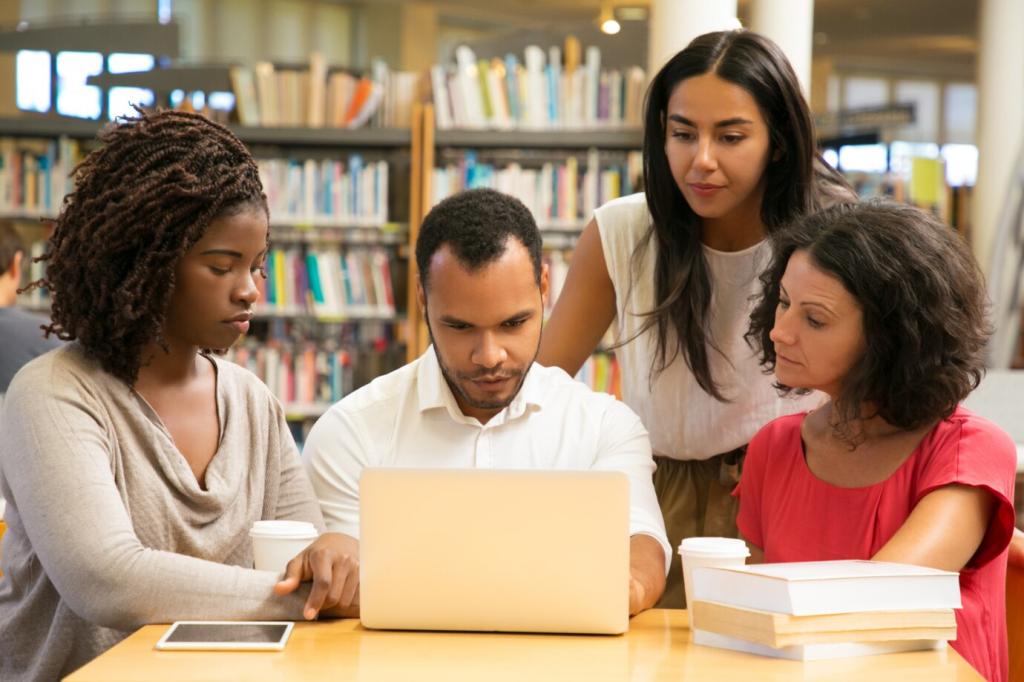
Fostering Global Awareness in Children Through Cultural Exchange Programs
Chosen theme: Fostering Global Awareness in Children Through Cultural Exchange Programs. Welcome to a warm, curious space where young minds meet the world, one friendship, meal, and shared story at a time.
Why Global Awareness in Childhood Changes Everything
Empathy That Translates Across Cultures
When a child hears a bedtime story from another language or celebrates a new holiday, differences become doors instead of walls. Empathy deepens as kids discover familiar hopes—family, friendship, fairness—spoken in wonderfully different ways.
Cognitive Benefits Backed by Research
Exposure to diverse perspectives improves problem-solving and flexible thinking. Studies show multicultural experiences expand creativity and language development, helping children connect patterns, question assumptions, and navigate ambiguity with confidence and curiosity.
Real-World Readiness Starts Early
Tomorrow’s challenges are shared: climate, health, technology. Children who understand multiple viewpoints can co-create better solutions, negotiate respectfully, and build coalitions that make communities safer, fairer, and more resilient for everyone.

Short-Term, Long-Term, and Group Exchanges
Short visits introduce new customs without overwhelming young travelers, while semester exchanges grow independence and language depth. Group exchanges blend safety, shared reflection, and teamwork, making first-time international experiences feel supported and exciting.
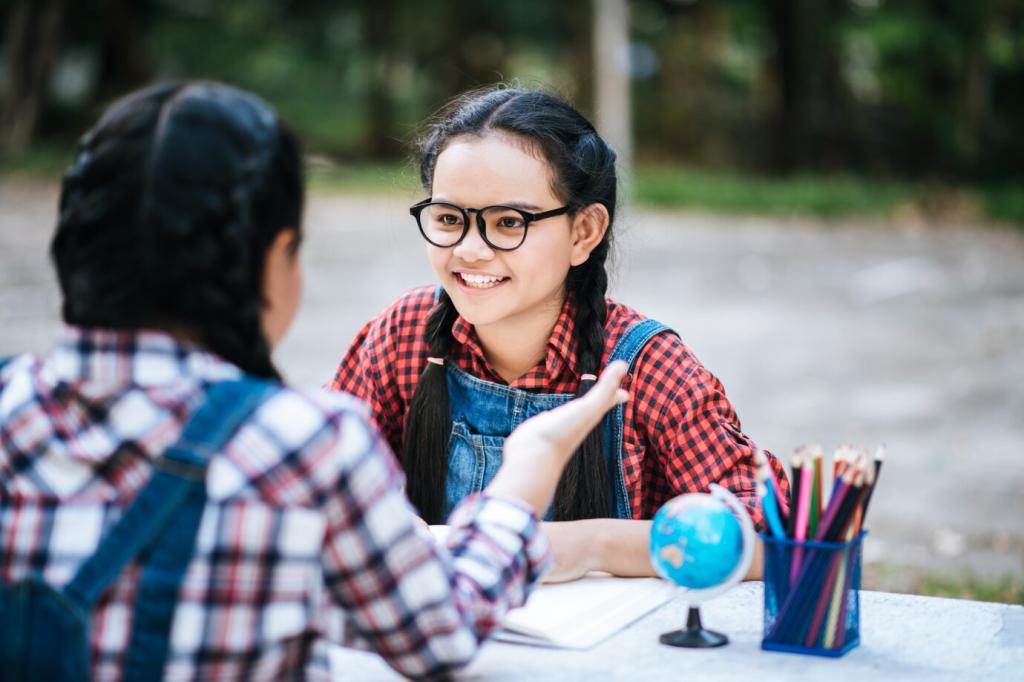
Homestays: The Heart of Everyday Culture
Living with a host family turns culture into breakfast conversations, school commutes, and Saturday chores. Children learn subtle norms—time, humor, gratitude—by participating, asking questions, and laughing through mistakes that become cherished memories.

Virtual and Hybrid Programs Expand Access
Video pen pals, co-taught lessons, and joint digital projects connect classrooms across continents. Hybrid models add local fieldwork and community interviews, ensuring authentic learning even when travel is not feasible for some families.
Preparing Children and Families for a Meaningful Exchange
Instead of memorizing do’s and don’ts, practice open-ended questions, active listening, and respectful curiosity. Model phrases like “Teach me more” or “How is this done here?” to help children learn without stereotyping.
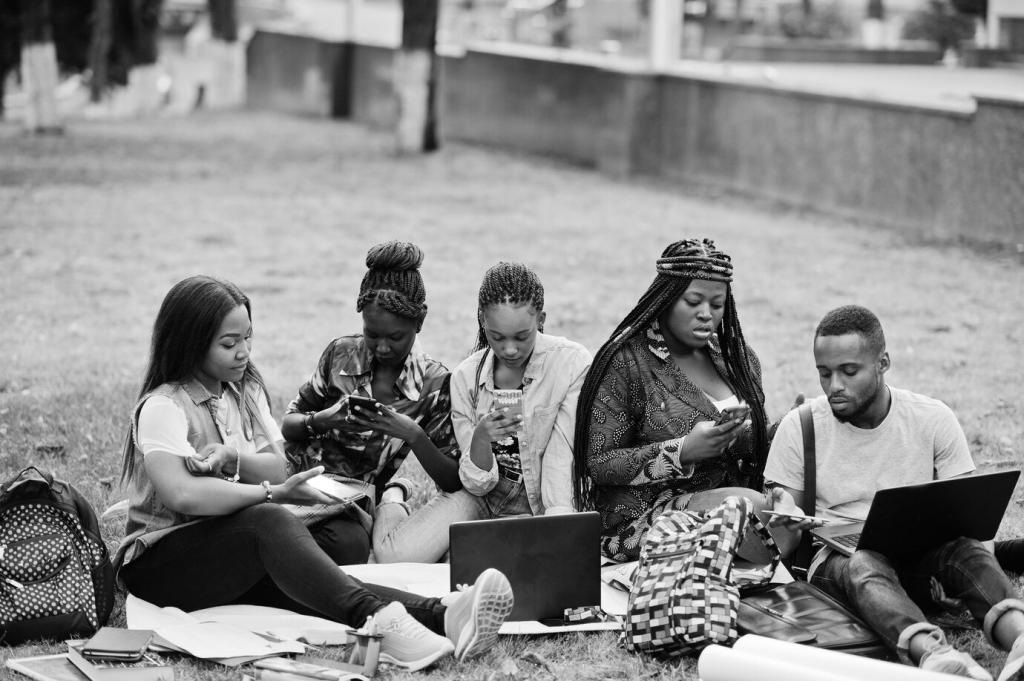

Preparing Children and Families for a Meaningful Exchange
Discuss emergency contacts, allergy plans, digital safety, and what to do when something feels uncomfortable. Role-play scenarios builds confidence, ensuring children can advocate for themselves while honoring hosts’ house rules and customs.
Activities That Turn Encounters Into Lasting Learning
Students can map neighborhood stories, compare water use, or film a mini-documentary about local foods. When children make something together, they build trust, practice problem-solving, and see how different strengths can complement beautifully.
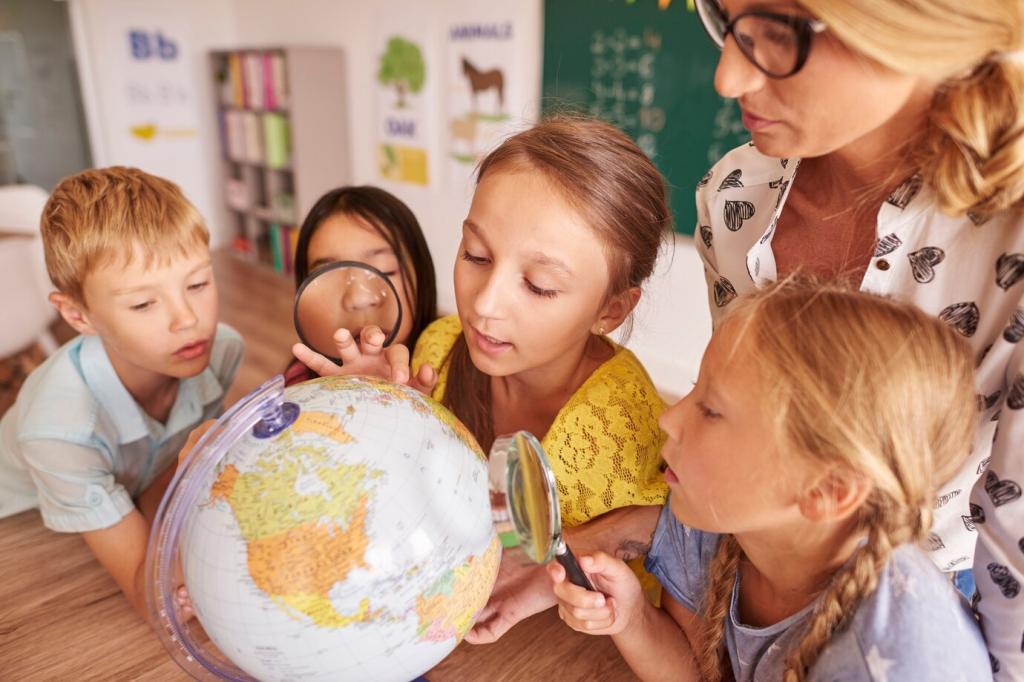
Stories From the Journey: Small Moments, Big Changes
Maya worried about making mistakes in Japan. When her host grandmother taught her to fold tamagoyaki, they giggled through uneven rolls. That morning, fear shrank, friendship grew, and thank-you notes became shared origami cranes.
Jamal’s class partnered with students in Chile to compare local climate impacts. Their bilingual podcast featured parents’ interviews and water-saving experiments, proving real change can begin with headphones, curiosity, and a shared Google folder.
Ms. Rivera noticed quieter students blossom when hosting visitors. Translating lunch menus and playground rules turned them into leaders. Confidence lingered long after, rippling through class discussions and community service projects back home.
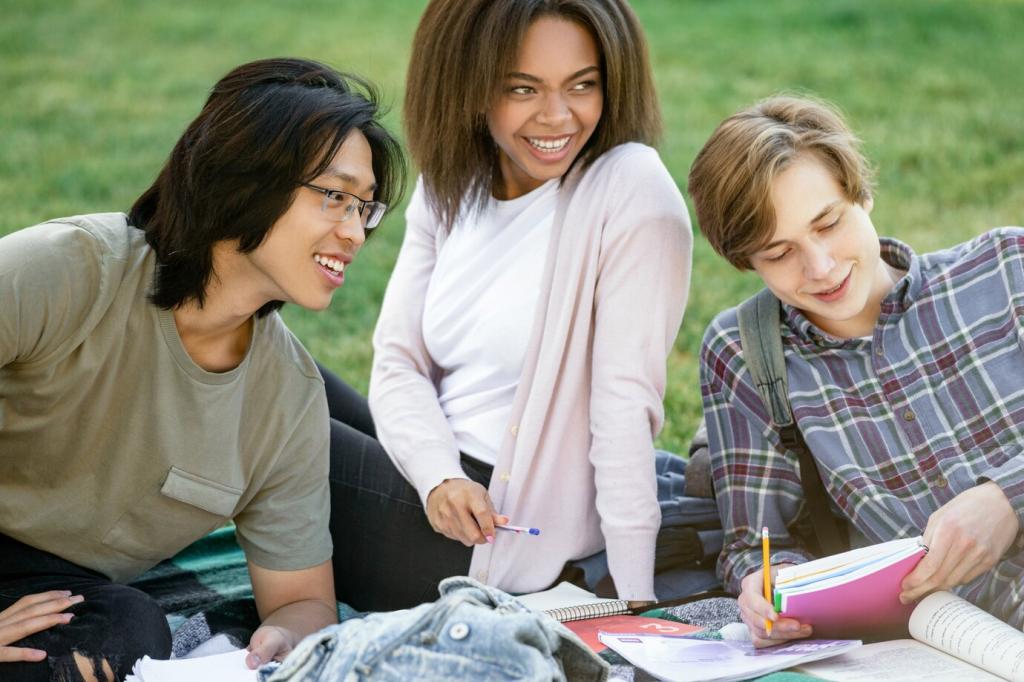
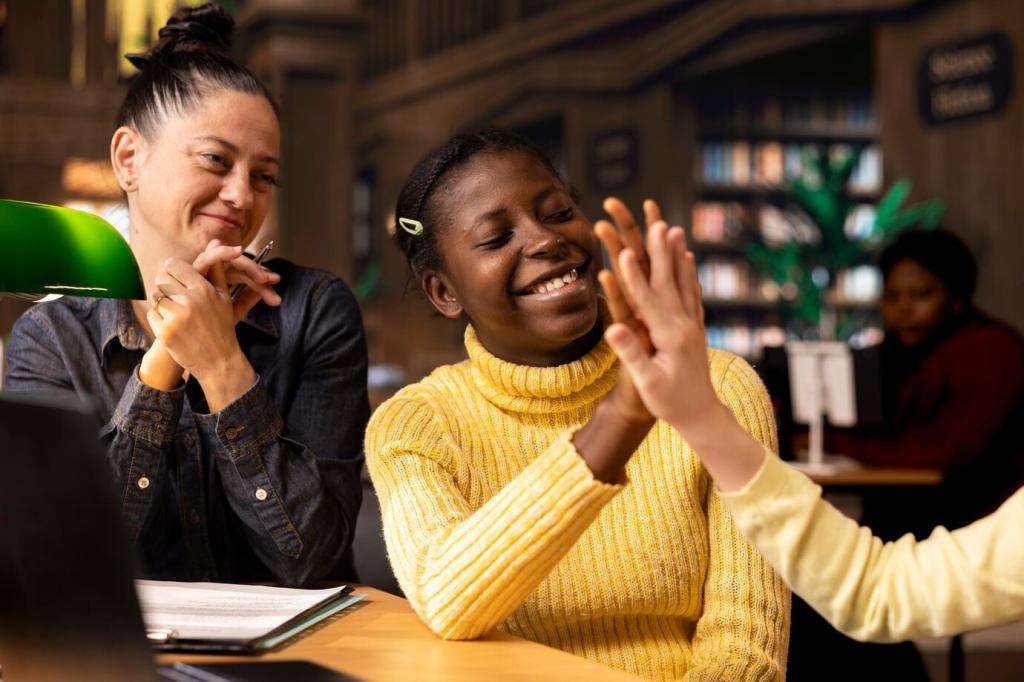

Measuring Impact and Making It Last
Use pre- and post-exchange reflections, empathy scales, and portfolio artifacts like journals or videos. Patterns emerge: richer vocabulary for feelings, more nuanced perspectives, and stronger willingness to collaborate across differences.
Measuring Impact and Making It Last
Create monthly meetups where participants share challenges and wins. Pair older students with newcomers to mentor packing lists, polite phrases, and courage. Continuity transforms a trip into a lifelong learning pathway.
Access, Inclusion, and How You Can Get Involved
PTAs, cultural centers, and local businesses often sponsor scholarships or host events. Reach out, propose a joint project, and invite donors to see the learning in action through student showcases and community updates.
Access, Inclusion, and How You Can Get Involved
Plan sensory-friendly schedules, accessible housing, and clear communication supports. Include visual agendas, quiet spaces, and buddy systems so neurodiverse and disabled students participate fully, safely, and joyfully in every activity.
